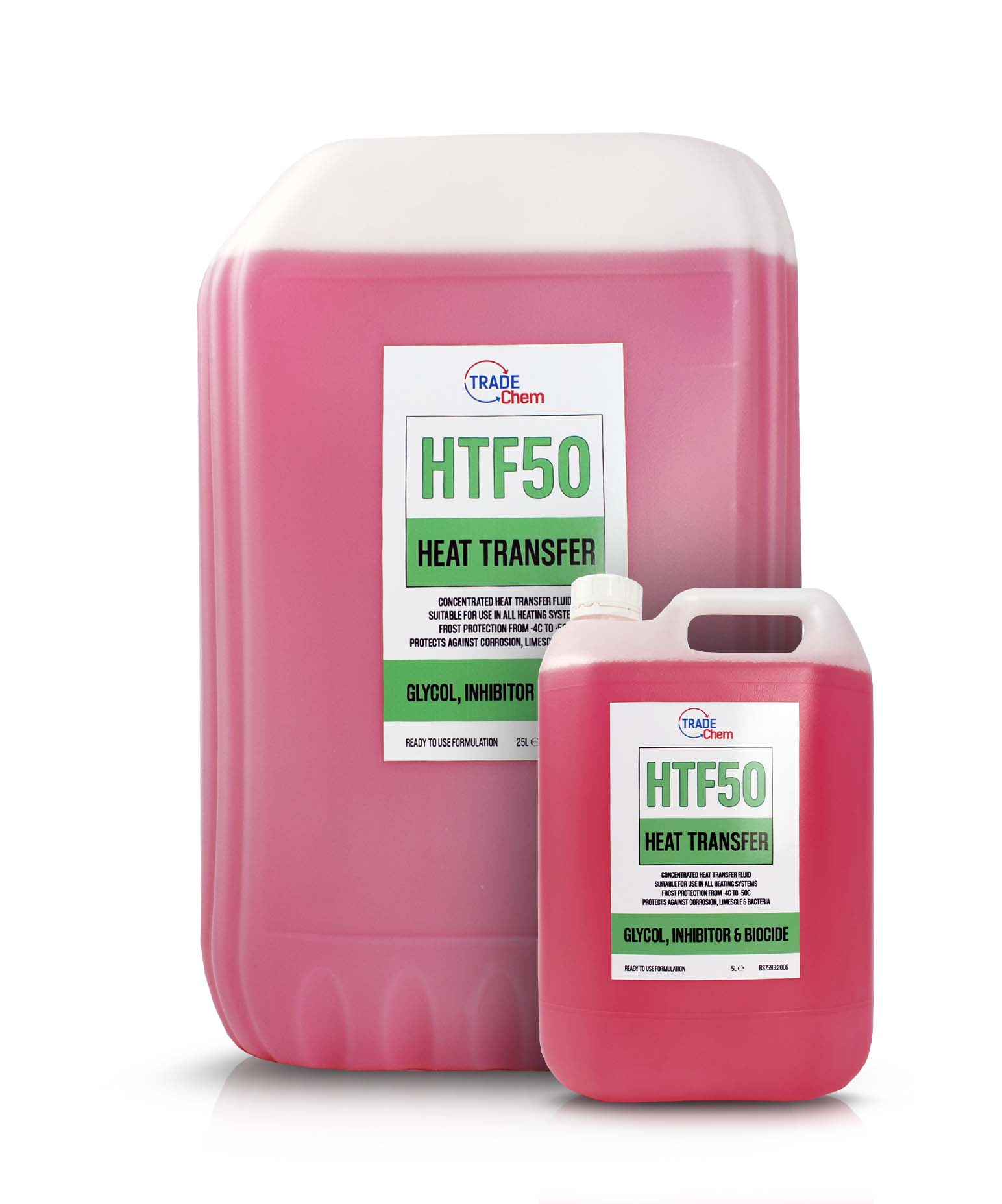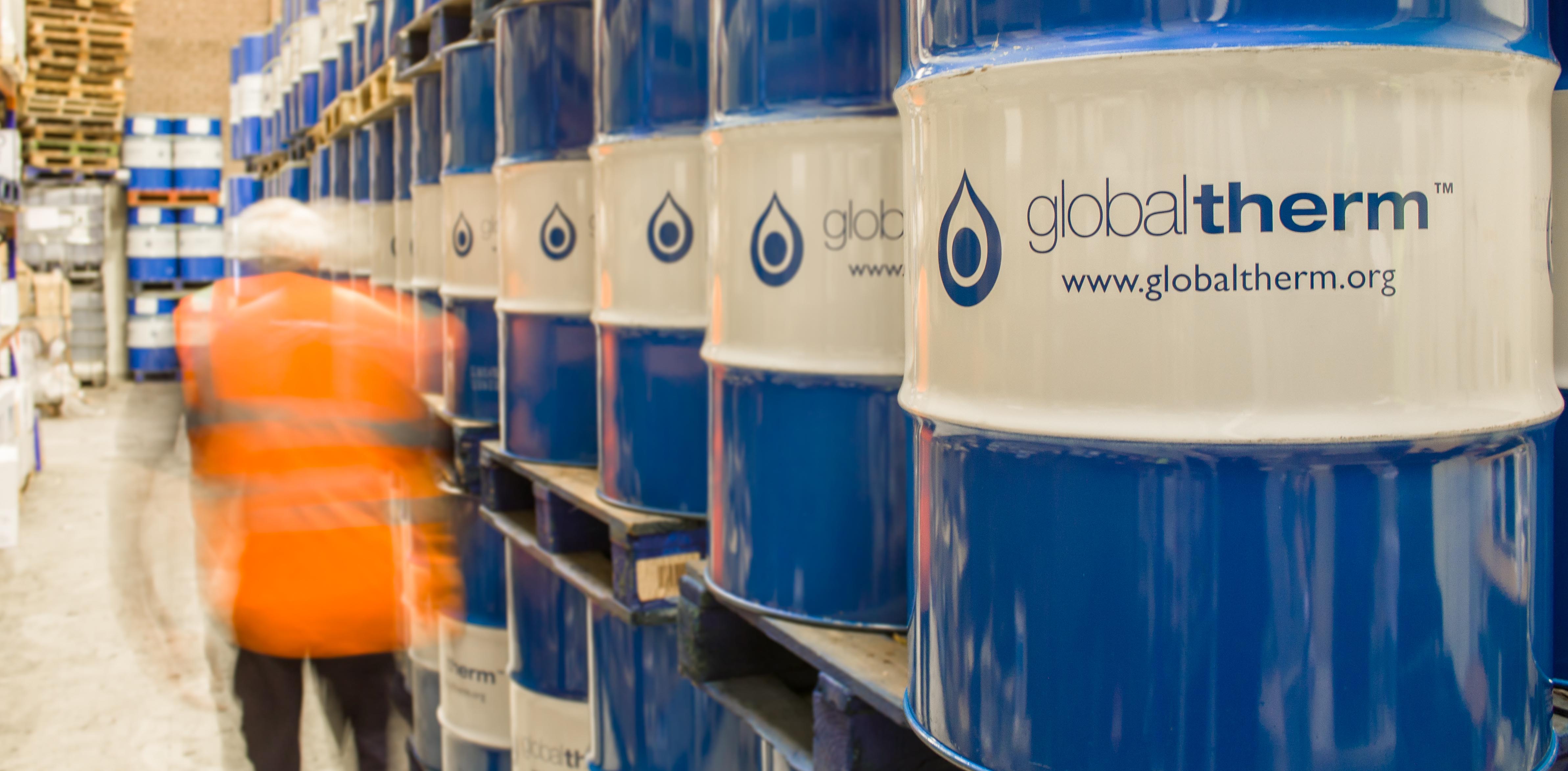A Comprehensive Guide to Heat Transfer Fluid for Solar Thermal Solutions
A Comprehensive Guide to Heat Transfer Fluid for Solar Thermal Solutions
Blog Article
Why Heat Transfer Fluid Is Vital for Optimizing Power Transfer in Systems
The duty of warm transfer fluids in enhancing energy transfer is pivotal for accomplishing effective thermal administration across numerous commercial markets. These fluids help with smooth heat exchange, ensuring procedures run within optimal temperature arrays and minimizing the danger of overheating.

Duty in Thermal Monitoring
Warmth transfer fluids play an important function in thermal administration by effectively controling temperatures in various commercial procedures and systems. These specialized fluids help with the transfer of heat between various parts, making sure ideal operating conditions and protecting against getting too hot. By preserving specific temperature control, warmth transfer liquids enable markets such as chemical manufacturing, oil and gas, and power generation to run safely and successfully.
The selection of a proper warm transfer fluid relies on a number of factors, consisting of thermal stability, warmth capability, and viscosity. High thermal security makes sure that the fluid can hold up against extreme temperatures without weakening, while a high warm capacity enables it to absorb and launch substantial quantities of heat - heat transfer fluid. Reduced viscosity lowers the energy needed for pumping, contributing to total system effectiveness
Furthermore, warm transfer liquids are important in applications like refrigeration, where they aid take in and dissipate heat throughout the cooling cycle. In solar thermal power systems, these fluids capture and transportation solar heat to produce electrical power or give warm water. Their versatility to diverse operating conditions and capacity to maintain constant thermal efficiency underscore their value in commercial thermal management, facilitating operational connection and enhancing security actions.

Enhancing System Performance
To optimize the advantages of thermal management, boosting system effectiveness via the calculated use of warmth transfer fluids is vital. By maintaining optimum temperature level degrees, heat transfer fluids help guarantee that systems operate within their developed specifications, consequently avoiding overheating and minimizing the danger of element failure.

Sorts Of Heat Transfer Liquids
The variety of warmth transfer liquids highlights their important role in a variety of industrial applications, each customized to fulfill certain thermal administration demands. These liquids assist in effective energy transfer and are picked based on vital residential or commercial dig this properties such as thermal security, thickness, and heat capability. The key types consist of water, glycol options, oils, and synthetics, each offering unique advantages.
Water is the most usual warmth transfer tool due to its high particular warmth capability and reduced expense. Mineral oils are preferred for their thermal stability and non-corrosive nature, making them ideal for high-temperature applications.

These fluids make certain remarkable efficiency in systems where standard liquids might fail. The selection of a heat transfer liquid is critical, as it affects system performance, safety and security, and long life.
Environmental and Economic Perks
Using the right warm transfer fluids supplies considerable ecological and economic benefits for industrial procedures. Environmentally pleasant heat transfer liquids, typically biodegradable and safe, minimize the threat of soil and water contamination in the occasion of leakages or spills, thus protecting environments and abiding with rigid ecological policies.
Financially, the best warm transfer fluid can considerably reduce operational prices. Liquids with prolonged lifecycle performance decrease the regularity of substitutes and upkeep, decreasing downtime and associated costs. On the whole, the critical usage of optimal heat transfer liquids sustains lasting economic development and ecological stewardship.
Selecting the Right Fluid
Just how does one navigate the complex process of picking the ideal warmth transfer liquid for industrial applications? Thermal security guarantees the liquid can hold up against high temperatures without deteriorating, while compatibility protects against corrosion or other harmful responses with system components.
Additionally, the liquid's warmth capability and viscosity are paramount. A high warm capability allows the liquid to take in and transfer helpful site even more power, enhancing efficiency.
Conclusion
The calculated selection and application of warm transfer fluids are basic to enhancing energy transfer throughout different systems. By guaranteeing high thermal security and capability, these fluids give exact temperature control and boost general system efficiency. This optimization adds to decreased operational expenses and lower greenhouse gas discharges, thus promoting sustainability. The selection of fluid, customized to particular thickness and operational needs, is critical for making the most of efficiency and accomplishing financial and ecological benefits in commercial processes.
Report this page